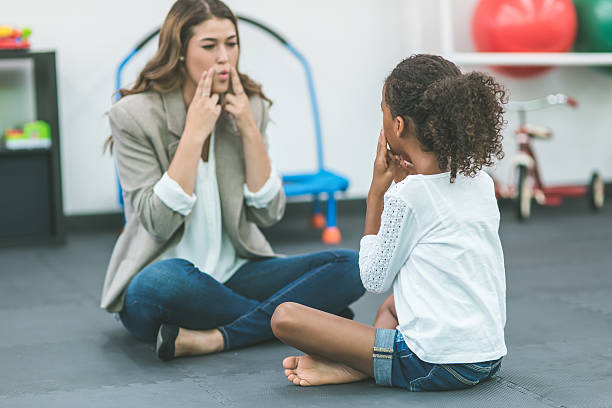(ThyBlackMan.com) Supporting children’s mental, emotional, and developmental wellbeing requires more than reactive solutions—it calls for thoughtful, proactive approaches that nurture growth, resilience, and confidence. Positive intervention is one such approach that plays a key role in shaping young minds, especially when applied early and consistently. Through this blog, we’ll explore how positive intervention supports children, the importance of early identification, and how therapeutic services contribute to long-term success.
Understanding Positive Intervention
Positive intervention refers to purposeful strategies designed to guide and support children through challenges, whether emotional, behavioral, or developmental, in a constructive, empowering way. Rather than focusing on correcting behavior through punishment or control, positive interventions emphasize encouragement, skills development, and relationship-building.
Children often respond better to praise, structure, and gentle redirection than to criticism. Positive intervention harnesses this by using reinforcement, patience, and communication to help children develop healthier coping mechanisms, social understanding, and confidence in their abilities.
The Power of Early Identification
One of the most important aspects of supporting young minds is recognizing signs of difficulty early on. Whether a child is struggling with speech delays, fine motor skills, attention, or emotional regulation, timely identification can make a major difference.
Parents, caregivers, and educators should be encouraged to observe and track changes in behavior, learning, or social interaction. Red flags such as avoiding eye contact, trouble with communication, or difficulties in play can indicate the need for further support. Early identification allows professionals to intervene at a time when the brain is still developing, increasing the chance for long-lasting improvement.
Creating a Supportive Environment
Children thrive in environments that are consistent, nurturing, and supportive. This means clear expectations, positive reinforcement, and space to express emotions safely. For many children, school or home can be a place of stress if their needs aren’t understood or addressed. Positive intervention can help tailor these environments to better support individual needs.
This might involve simple classroom strategies like visual schedules, sensory-friendly corners, or more structured behavioral plans with rewards for progress. At home, routines, visual aids, and mindfulness techniques can all contribute to a more relaxed and productive setting. The goal is to equip children with tools they can use independently as they grow.
The Role of Therapy in Positive Intervention
Speech and occupational therapy play a vital role in this supportive framework. These therapies not only target specific developmental delays but also build foundational skills for everyday life—like communication, coordination, self-care, and emotional regulation.
Providers like Kids Can Occupational & Speech Therapy offer customized, child-led interventions that focus on each child’s unique strengths and challenges. Through playful and engaging sessions, children gain essential tools in a positive setting, which can have a ripple effect across home and school life. Therapy becomes a safe space where progress is celebrated, struggles are understood, and growth is always the focus.

Encouraging Collaboration Between Adults
Support doesn’t just come from one source—it thrives through collaboration. Teachers, parents, therapists, and caregivers all have a role to play in a child’s development. When everyone communicates openly and shares strategies, the child benefits from consistency across all environments.
Positive intervention is most successful when there’s a shared understanding of a child’s needs and strengths. Professionals can provide guidance on how to support behaviors, while parents offer insight into what works at home. Together, this team creates a circle of care that reinforces the child’s sense of safety and encouragement.
Long-Term Impact of Positive Approaches
When children are supported with kindness, structure, and skill-building from an early age, the benefits are far-reaching. They’re more likely to develop a strong sense of self-worth, maintain positive relationships, and face challenges with resilience. Positive intervention doesn’t just address issues—it empowers children to move through life with confidence and autonomy.
In a world where mental health awareness is more important than ever, shifting focus from discipline to understanding is a step in the right direction. Every child deserves the chance to grow into their full potential—with the right support, at the right time.
Staff Writer; Greg Love
















Leave a Reply